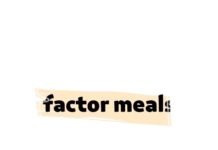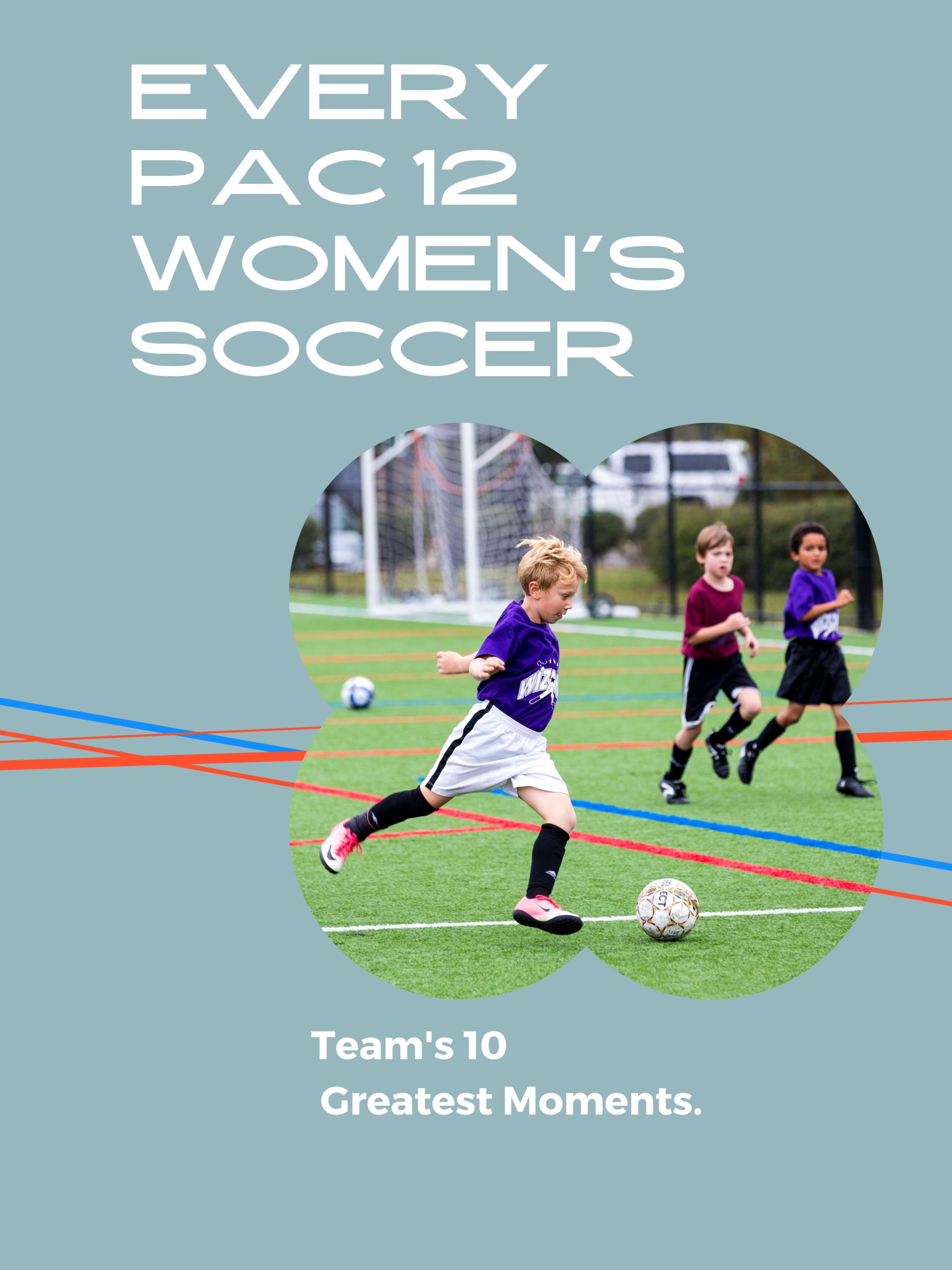12. Beware of fad diets and quick-fix solutions
When it comes to losing weight safely and effectively, it’s important to beware of fad diets and quick-fix solutions. These types of diets may promise quick and easy weight loss, but they often fail to deliver long-term results and can even be harmful to your health.
Fad diets typically involve extreme calorie restriction and the elimination of entire food groups. While you may see initial weight loss, this is often due to water weight and muscle loss rather than fat loss. Furthermore, these diets can lead to nutrient deficiencies and may even slow down your metabolism, making it harder to lose weight in the long run.
Quick-fix solutions, such as weight loss pills and supplements, are also commonly marketed as an easy solution to weight loss. However, these products are often not regulated by the FDA and may contain harmful ingredients that can cause serious health problems.
To lose weight safely and effectively, it’s important to focus on making sustainable lifestyle changes. This includes eating a balanced diet that includes a variety of whole foods, staying hydrated, getting regular exercise, and getting enough sleep. While it may take longer to see results, these changes will lead to long-term weight loss and better overall health. Remember, slow and steady wins the race!
13. Seek professional help if necessary
If you’ve tried various methods to lose weight and nothing seems to work, it may be time to seek professional help. This can be in the form of a registered dietitian, a personal trainer, or even a physician.
A registered dietitian can help you create a personalized meal plan that suits your dietary needs and preferences, while also ensuring that you’re meeting your daily nutritional requirements. They can also help you identify any food intolerances or allergies that may be hindering your weight loss efforts.
A personal trainer can help you design an exercise program that’s tailored to your fitness level and weight loss goals. They can also provide motivation and support to keep you on track with your fitness routine.
If you’re struggling with emotional eating or have an eating disorder, it’s important to seek help from a physician or mental health professional. They can provide the necessary support and guidance to help you overcome these challenges and achieve your weight loss goals in a safe and healthy way.
Remember, losing weight is a journey and it’s important to take care of your physical and mental health along the way. Seeking professional help can be a valuable tool in your weight loss toolbox, helping you to achieve your goals and maintain a healthy lifestyle.
14. Celebrate your successes along the way
When it comes to losing weight, it’s important to celebrate your successes along the way. This can help to keep you motivated and on track with your weight loss goals. Celebrating your successes doesn’t have to be anything extravagant, it can be as simple as treating yourself to a new workout outfit or going out for a healthy meal with friends.
It’s important to acknowledge all of the hard work that you’ve put in and celebrate the progress that you’ve made. This will help you to stay positive and keep pushing forward towards your ultimate goal.
However, it’s important to note that celebrating your successes doesn’t mean completely indulging in unhealthy foods or habits. Instead, try to find healthy ways to reward yourself for your hard work and progress.
For example, if you’ve successfully completed a tough workout program, treat yourself to a massage or a relaxing yoga class. If you’ve reached a weight loss milestone, celebrate by planning a fun outdoor activity like hiking or kayaking with friends.
Remember, the journey towards weight loss can be challenging at times, but by celebrating your successes along the way, you’ll be able to stay motivated and focused on achieving your goals.

























































